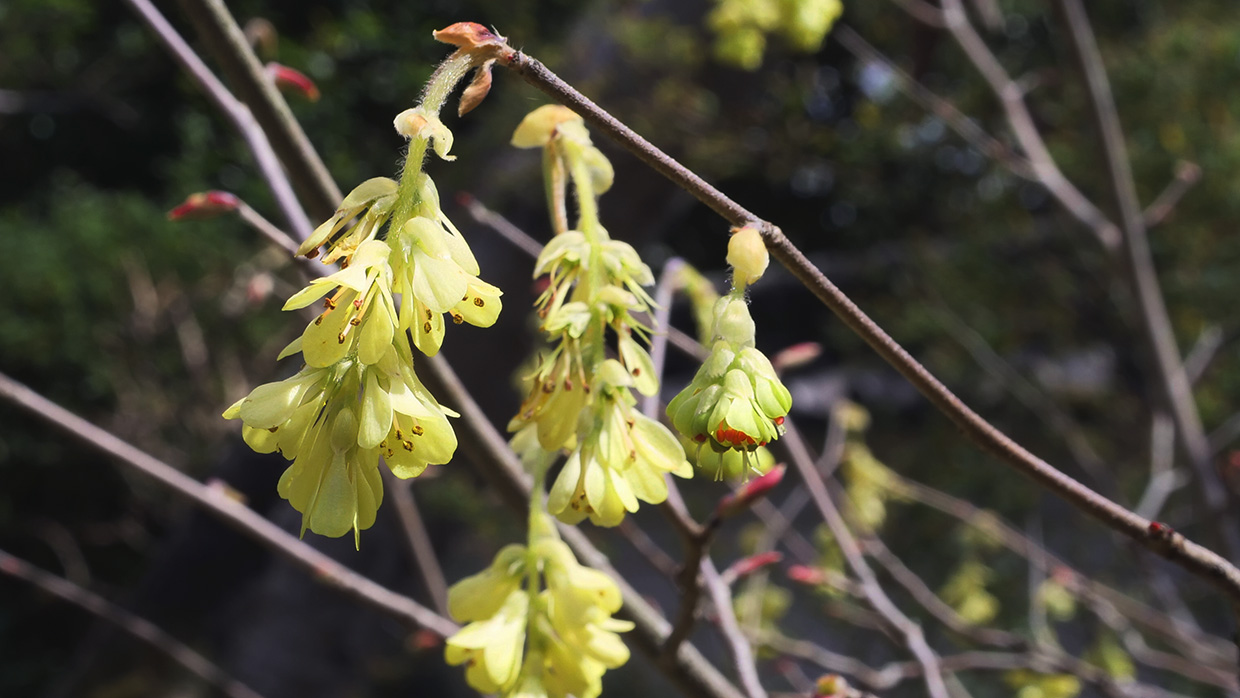Atsushi Yoshii

- I was able to experience nonverbal connection in stillness, and to encounter the depth of traditional forms and disciplines that are imbued with the wisdom of those who came before us.
During the five nights and six days of the temple stay, I was deeply cared for and guided with sincerity.
Thanks to the wholehearted dedication of the monks, I was able to gain many valuable insights and lessons.
I truly thank you from the bottom of my heart.
Here, I would like to share some of the most memorable realizations from my experience.Nonverbal Communication
At the beginning of the temple stay, I felt a sense of unease and confusion in the silence—an environment where spoken communication was prohibited.
In the society I was used to, language plays such a vital role, so spending time with people I had never met without relying on words felt like a real challenge.However, as the days went on, nonverbal communication began to emerge naturally.
Through observing actions, gestures, and the way others carried themselves, I began to feel I could understand their personalities and thought processes.
This experience gave me a new perspective: that it is possible to understand and build trust with others even without the use of words.It also made me acutely aware of how powerful language is in our daily lives.
Moreover, I reflected deeply on how small sounds or movements that often go unnoticed can unknowingly affect others.
By being more mindful and refraining from such unconscious behaviors, I learned the importance of not placing unnecessary burdens on those around me.The Importance of Discipline and Form
The temple stay also taught me a great deal about the significance of discipline (shitsuke) and traditional form (kata).
I came to realize that these are not just about manners or external appearances, but are actually the distilled wisdom of our ancestors—meant to maximize the physical potential of the Japanese body.
These movements carry a high degree of reproducibility, and through practice, they enhance physical abilities in ways that are naturally suited to our bodies.While etiquette and form can certainly have ceremonial meaning, I felt it was even more important to ask ourselves: “What is it that we are placing value on?”
Discipline is not merely a set of formal actions—it is a method of refining both body and mind. Through this, I discovered a precious lesson that can be applied to everyday life.In Closing
Through this temple stay, I gained many insights into ways of being and ways of relating to others that I had never consciously considered in my daily life.
I was able to experience nonverbal connection in stillness, and to encounter the depth of traditional forms and disciplines that are imbued with the wisdom of those who came before us.
This was a profound opportunity to reflect on myself.I hope to carry these learnings into my daily life—to live more mindfully, with intention and care in everything I do.
